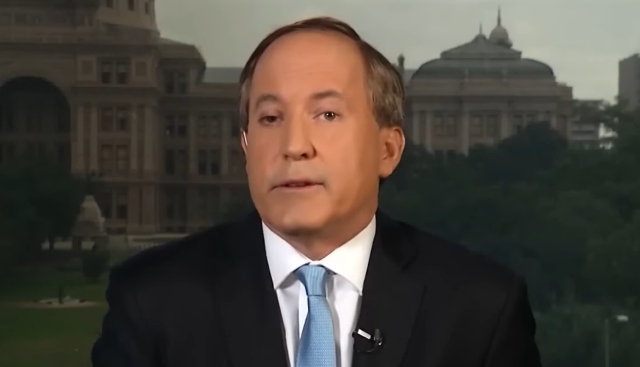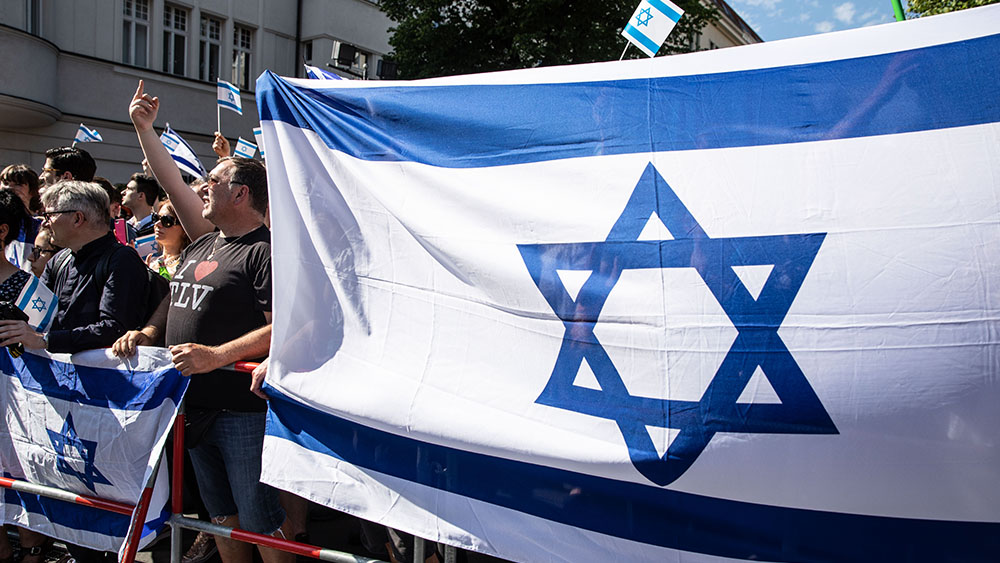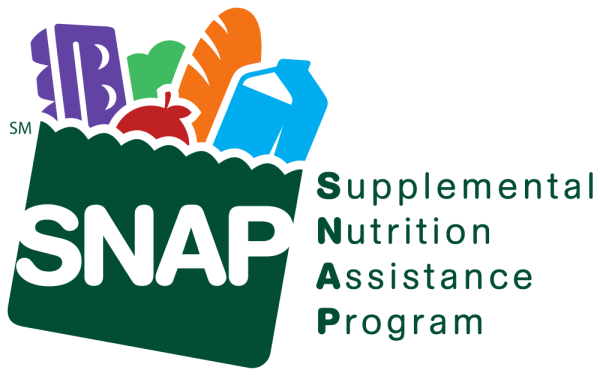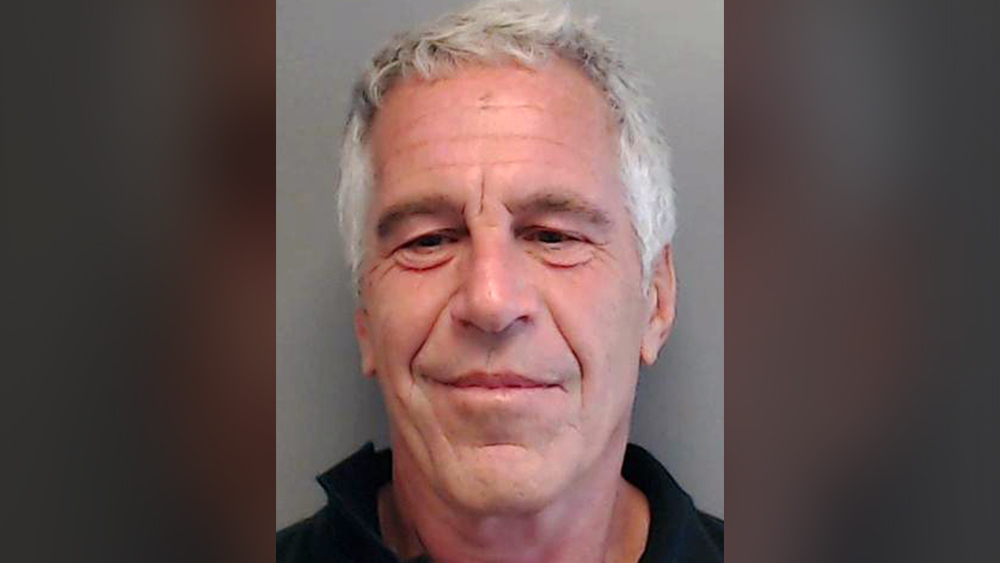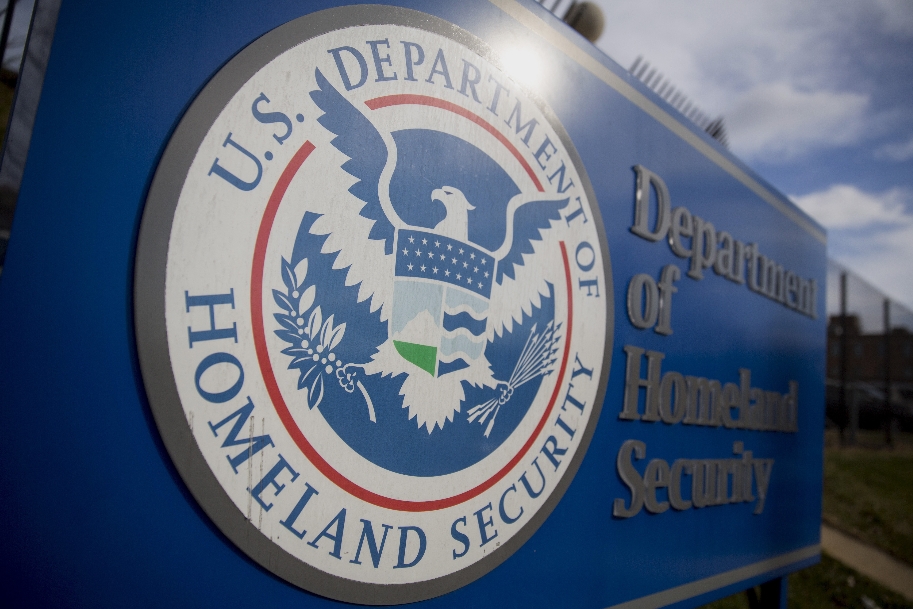 Parler
Parler Gab
Gab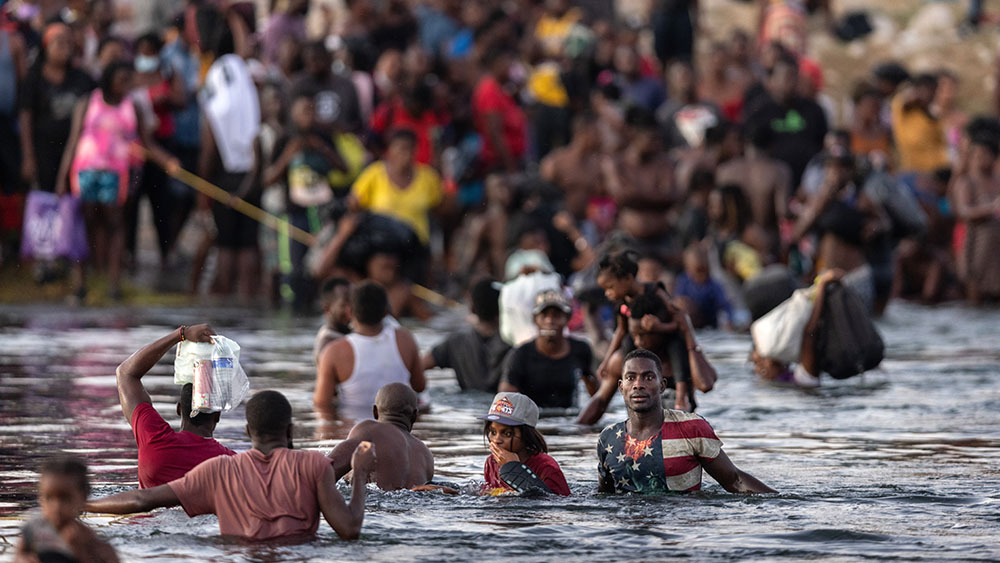
- The U.S. Department of Homeland Security (DHS) has allocated over $1 billion to non-governmental organizations (NGOs) supporting illegal immigrants, particularly at the southern border.
- Since 2021, the DHS has regularly disbursed $600 million every two to three months through the SSP. In August 2024 alone, over $380 million was allocated to nonprofits like Catholic Charities and Jewish Family Service, which have been criticized for using funds to disperse migrants across the United States.
- The network of NGOs benefiting from these funds includes religious and secular groups, such as the International Organization for Migration (IOM) and the Hebrew Immigrant Aid Society (HIAS).
- The surge in illegal border crossings has led to a significant human toll, with reports of trafficking and exploitation. Senator Chuck Grassley highlighted the administration's failure to track unaccompanied minors, many of whom disappear after release.
- The debate over NGO subsidies reflects broader tensions over national sovereignty and the moral responsibility to migrants. The Trump administration's crackdown on these practices, including legal actions against NGOs, signaled a shift toward accountability.
Taxpayer funds fuel controversial NGO programs
Since 2021, the DHS has routinely dispersed $600 million every two to three months through its Shelter and Service Program (SSP), according to sources cited by Breitbart.com. Over $380 million allocated in August 2024 alone went to nonprofits such as the San Diego-based Jewish Family Service and Catholic Charities of the Rio Grande Valley, which has faced criticism for purchasing airline tickets that dispersed migrants across the U.S. Texas lawmakers Henry Cuellar and Monica De La Cruz condemned this practice, arguing the funds were never intended for long-distance travel. “The family or [migrant] should pay for that, not taxpayer dollars,” Cuellar told The Border Report. Despite these concerns, the Biden administration defended the program in a statement, calling it critical to “prevent overcrowding of short-term CBP holding facilities.” However, the sheer scale of funding—amounting to over $1 billion since 2021 — has raised alarms. For instance, Catholic Charities USA, which critics accuse of functioning as the “endpoint” for cartel−smuggled migrants, received $18.8 million in 2023, a sharp increase from its $1.4 million to $3.7 million annual allocations in prior years.Tracking funds to southern border and beyond
The flow of federal money extends well beyond border regions. Cities like New York, Chicago and Washington, D.C., received millions in the latest SSP tranche, fueling transit efforts that critics claim seed migrant hubs in major urban areas. In New York alone, over $22 million was allocated to the city’s Office of Management and Budget, though thousands of migrants continue to languish in homeless encampments there despite the funding. The network of NGOs benefiting from these programs spans religious and secular groups. The United Nations-backed International Organization for Migration (IOM), for instance, was found providing cash debit cards to detained migrants in Mexico—some of them repeat border-crossers—while the Hebrew Immigrant Aid Society (HIAS) has offered legal aid and cash vouchers. A Policy Brief by Center for Renewing America senior contributor Wade Miller detailed how organizations like Lutheran Immigration and Refugee Service (LIRS) received over 95% of their budgets from government grants, incentivizing “the abuse of the asylum system.”A long-standing pattern
The episode echoes a years-long clash over U.S. border policy. Former President Donald Trump, during his first term, curtailed asylum loopholes and enforced “Remain in Mexico” policies, reducing crossings by 90% within weeks after his 2025 reelection. Critics argue that prior administrations, including Biden’s, effectively subcontracted border management to NGOs and UN agencies, enabling cartels to traffic victims under the guise of humanitarian aid. Miller’s brief attributed the crisis to a “misconception that the border is uncontrolled.” Instead, drug cartels and NGOs, often funded via U.S. taxpayer dollars, manage migration flows. “Roughly one-quarter of sex trafficking victims in America are minors,” said Miller, citing examples like the “rape trees” along smuggling routes. Survivor testimonies described women “raped so many times they weren’t seen as human.”The human cost—trafficking and exploitation
The human toll is stark. Senator Chuck Grassley’s 2024 letter to Biden highlighted the administration’s failure to track 550,000 unaccompanied minors, many of whom vanish after release. Alicia Hopper, a human trafficking consultant, testified that under Biden’s relaxed sponsorship vetting, predators targeted minors: “Law enforcement located only two of 25 children checked on in [a Texas shelter].” Lawmakers and advocates argue the NGOs enable these abuses by offering migrants resources, while cartels extract profit. Catholic Relief Services (CRS), which received $700 million in 2024, funded travel hubs and shelters in countries like Honduras, where teens are “trained” by smugglers to claim asylum in the U.S., according to the brief.Trump administration’s crackdown and ongoing battles
President Trump’s 2025 crackdown has frozen much of this funding. His border strategy included reactivating Operation Streamline for illegal reentries and auditing NGO grants. In Texas, Attorney General Ken Paxton’s case against Annunciation House—a shelter accused of aiding illegal entry—exemplifies the legal pushback. The DOJ has threatened NGOs with RICO charges for “facilitating slavery or trafficking,” and DHS has reduced allocations to groups like CRS. Despite successes, challenges persist. Over 15,000 migrants traverse the border at any given time, and frontera counties still grapple with logistical strain. “If you cut the funds, [NGOs] can’t survive,” Mantei said, “but it requires political courage.”A call for accountability in migrant aid funding
The debate over NGO subsidies reflects deeper tensions over American sovereignty and the moral responsibility to vulnerable migrants. While organizations like Catholic Charities insist they protect “brothers and sisters in need,” evidence ties their funding pipelines to exploitation. As immigration policies evolve, the question remains: Can a system rescue legal compassion from criminal exploitation—or will taxpayer dollars continue to fund an illegal immigration industry, unseen but thriving, at the expense of national security and human dignity? The post-2025 administration’s audits and legal actions signal a shift, but as Rep. Cuellar urges, Americans deserve “transparency…not throwing money at the problem.” For now, the border—a line separating chaos and control—remains as contested as ever. Sources for this article include: JustTheNews.com BorderReport.com AmericaRenewing.comBy Lance D Johnson // Share
Health Ranger Report: Christopher Bjerknes challenges conventional narratives about world history
By Kevin Hughes // Share
USDA cracks down on SNAP benefit fraud in nationwide operation
By Laura Harris // Share
Reporter faces backlash for warning illegal immigrants of ICE raids
By Laura Harris // Share
Governments continue to obscure COVID-19 vaccine data amid rising concerns over excess deaths
By patricklewis // Share
Tech giant Microsoft backs EXTINCTION with its support of carbon capture programs
By ramontomeydw // Share
Germany to resume arms exports to Israel despite repeated ceasefire violations
By isabelle // Share

